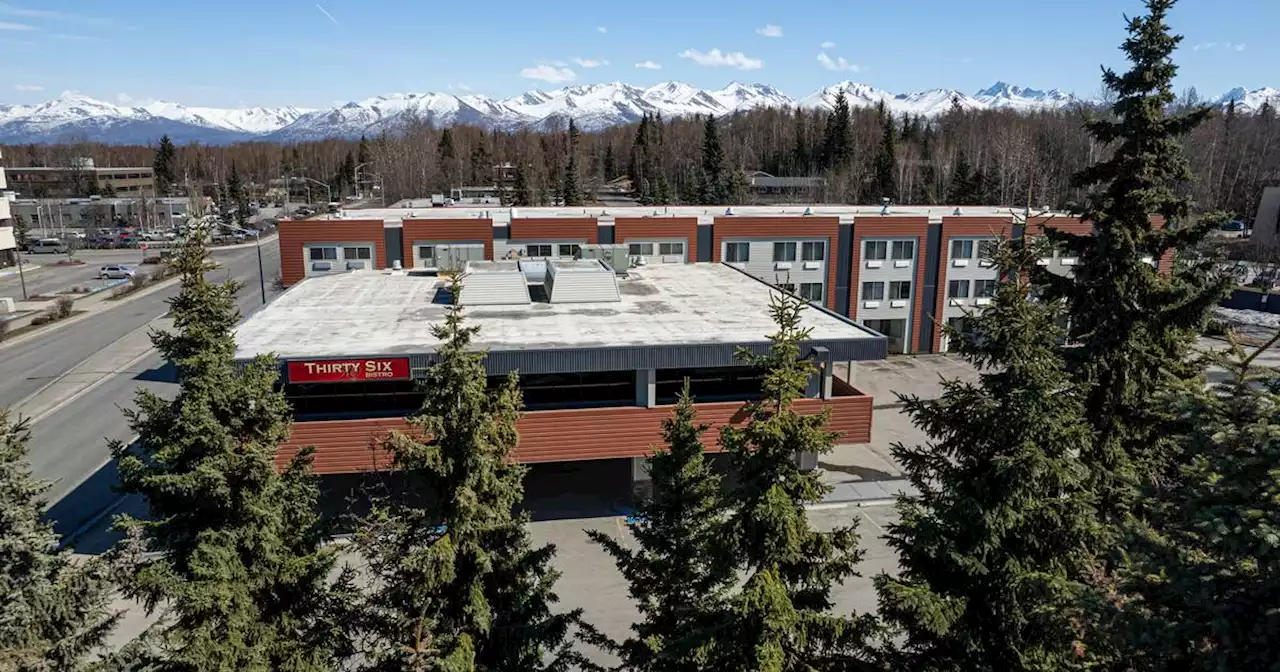As coronavirus cases surged in Alaska, WEKA, a for-profit business whose owners donated to Mayor Dave Bronson’s campaign, moved in rent-free to a city-owned building to run a monoclonal antibody clinic. Controversy has dogged the clinic ever since. What actually happened?
, was an “established occupational health group” that had worked providing medical services on the North Slope oil fields and elsewhere. “They had an existing medical staff,” said Cutchins.
“They came in at a time when we really needed another infusion center,” he said. “They came in during our peak delta surge, when delta was just running us over. The demand for monoclonals was so high.”The Herrings say they set up the WEKA clinic under the assumption that private insurers would pay for the costs of delivering the monoclonal treatments.But that didn’t happen.
Some doctors expressed shock that sick patients were being asked to put down their credit cards in order to access monoclonal antibody treatment at the WEKA clinic. Rather than receiving two intramuscular injections as authorized by the FDA, the clinic gave him the medicine by IV infusion, he told the Daily News in an interview.
When a medication is approved only under an FDA emergency use authorization, it has not yet received a full, rigorous evaluation, Lease said. For treatments like Evusheld “it’s even more important that we only use the treatments or medications as they are currently approved. Because we have no data otherwise,” she said.
